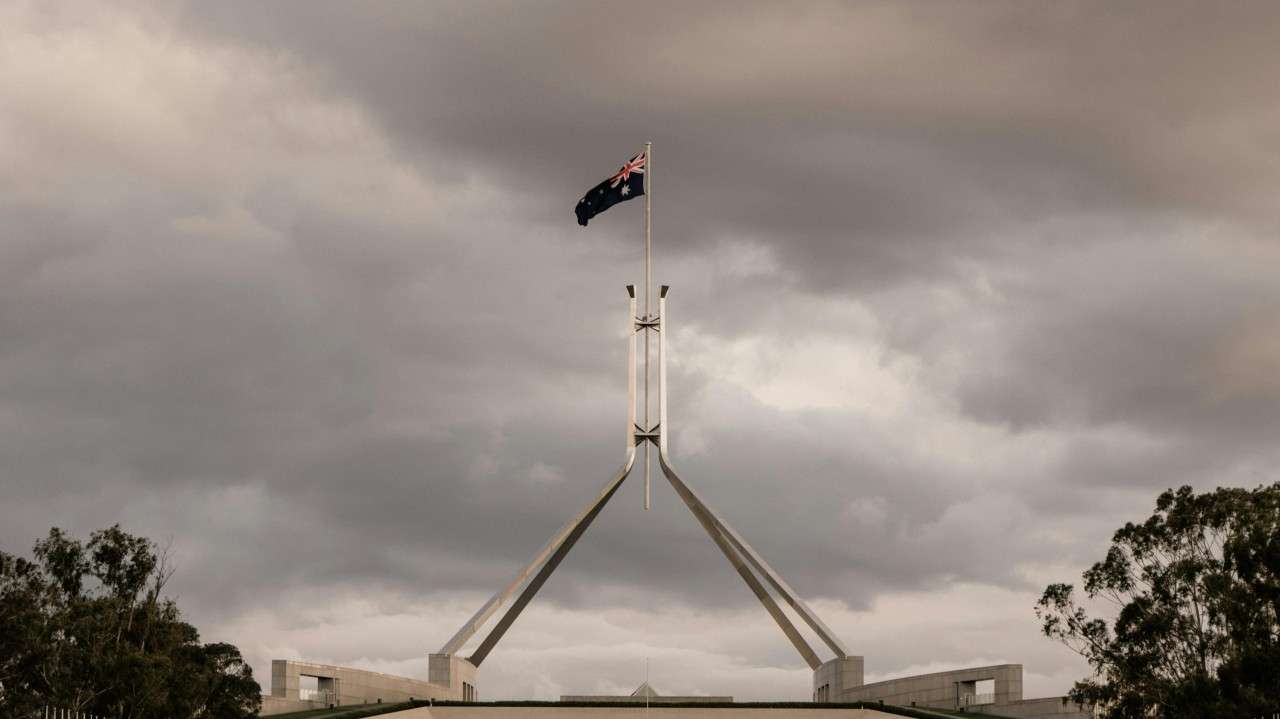This week’s Economic Reform Roundtable in Canberra thoughtfully considered some of the regulatory inefficiencies and distortions that have built up in Australia’s super system over time.
The Super Members Council (SMC) welcomes the consensus that emerged on the need to simplify and avoid duplication in super regulation to cut costs borne by members – the millions of everyday Australians with their retirement savings in the system.
The Government’s announcement of a streamlined reporting framework—“single-touch regulation”—is a practical and welcome direction.
Today, super funds often report the same data multiple times to different regulators, creating unnecessary duplication and driving up compliance costs. Higher system running costs erode member returns. We think a single-touch approach, where data is lodged once and shared across agencies, will cut red tape costs for members.
SMC has consistently advocated for smarter regulation that maintains strong public trust and accountability without stifling productivity. We’re pleased to see the Government take action and look forward to contributing to ensure the reporting systems are both efficient and effective.
Another reform discussed at the roundtable was RG97—ASIC’s guidance on how investment fees and costs are disclosed. Transparency is essential, as is maximising member returns. Aspects of the current framework’s design appear to be distorting both investment decisions and transparency for members. RG97 creates incentives for super funds to favour short-term assets or indirect investment structures, even when direct investments in productive assets like housing, infrastructure, and venture capital could deliver better long-term returns to members.
This distortion doesn’t just hurt members—it holds back Australia’s economic potential. When super funds shy away from investing in startups and scale-ups, members miss out on those strong returns – and wealth-generating new businesses miss out on crucial growth capital.
SMC welcomes ASIC’s plan to review stamp duty reporting under RG97 and will continue to urge a broader rethink of how the guidance affects investment flows. A more balanced approach will empower your super fund to invest for you in the best return-generating assets while still providing clear, comparable information to members.
The Government has also signalled a thoughtful consideration of the annual super performance test to ensure it is maximising opportunities to generate the strongest member returns. SMC supports a strong performance test which weeds out underperforming products – and which does not discourage investment in asset classes that boost long-term, risk-adjusted returns for members.
That all these reform areas have been raised signals a shift toward a more efficient, transparent, and member-focused super system.
SMC stands ready to contribute to the next phase of work and ensure that every change delivers the strongest value for Australians saving for retirement.
This article was originally published in our weekly super wrap email. Subscribe now.



